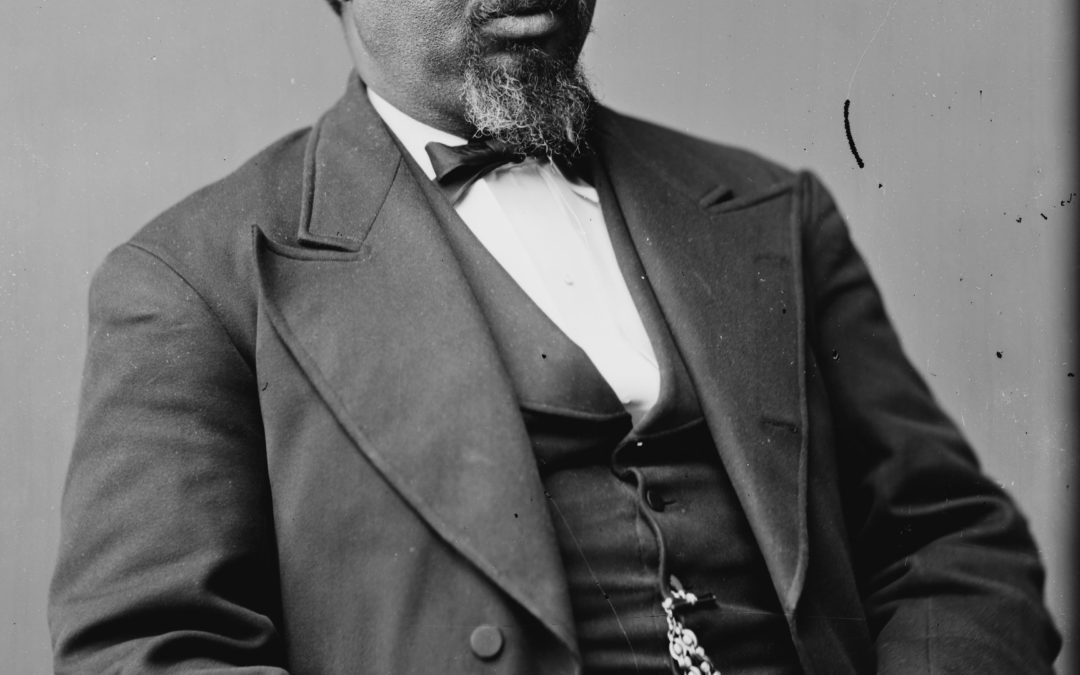In the very early hours of May 13, 1862, a slave named Robert Smalls decided to make his move.
Smalls had worked his way up to becoming a wheelman–a pilot–and the Confederates used him to steer the CSS Planter, an armed Rebel military transport during the Civil War.
When the three white officers on the boat decided to spend the night ashore, Smalls dressed as a captain and steered the Planter to a wharf to pick up his family and relatives, as well as the relatives of seven other enslaved crewmen. Then he made a mad dash for the Union line, piloting the steamship past five Confederate forts that guarded Charleston Harbor, including Fort Sumter.
Smalls and his crew reached the Union ships, which had blockaded the harbor, and hoisted a white sheet so the Yankees would not fire on them.
They were free.
Smalls would go on to become a U.S. Congressman from South Carolina.
When I was considering my first Civil War novel, I thought about writing about Smalls’ daring escape. But because I had already written two slave escape stories (The Disappearing Man and The Vanishing Woman), I opted instead to write about the spy John Scobell. As a result, Scobell, the first African American spy in the Civil War, became the hero of my novel, The Lincoln League.
This past May, archaeologists with the National Marine Sanctuary Program believe they may have located some of the remains of Smalls’ steamship, the Planter, near Cape Romain, northeast of Charleston. Check out the story: Search for Ship Commandeered by Robert Smalls Might be Over.
By Doug Peterson

